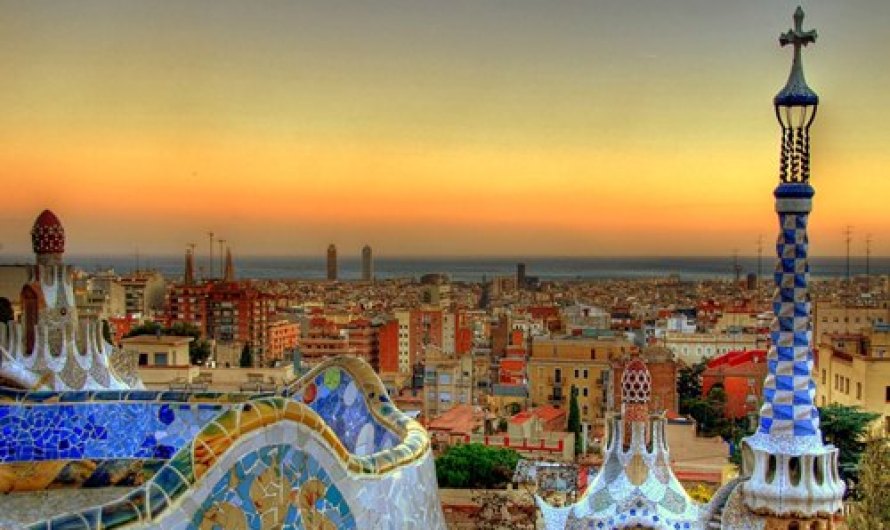The holiday season is a time when people all over the world celebrate with their families and friends. However, there are some parts of the world where the holidays are more than just a time for celebration. Here, we will take a look at some of the most popular seasonal holidays around the world.
One of the most popular seasonal holidays in the world is Christmas. Christmas is celebrated by Christians all over the world on December 25th. The holiday commemorates the birth of Jesus Christ and is a time for family, friends, and giving gifts.
Another popular holiday that is celebrated in the winter season is Hanukkah. Hanukkah is a Jewish holiday that is celebrated for eight nights. The holiday is a time for family, friends, and giving gifts.
The holiday season is also a time for New Year’s Eve celebrations. New Year’s Eve is celebrated on December 31st all over the world. The holiday is a time for parties, champagne, and countdown celebrations.
So, there you have it, a look at some of the most popular seasonal holidays around the world. Whether you celebrate Christmas, Hanukkah, or New Year’s Eve, the holiday season is a time for family, friends, and celebration.
Top 10 most popular seasonal holidays around the world.
1. Christmas
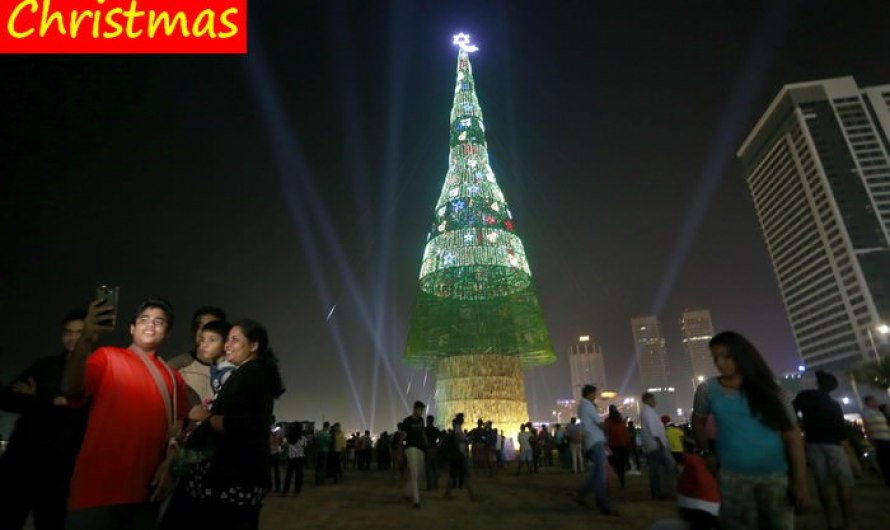
Christmas is a holiday that is celebrated by Christians all over the world. It commemorates the birth of Jesus Christ and is typically marked by feasting, gift-giving, and family gatherings. Christmas is also a time for reflection. For many, it is a time to reflect on the past year and set resolutions for the coming one. It is a time to reflect on the blessings we have received and to count our many blessings. Christmas is truly a time for giving thanks.
It is also a time to think about those who are less fortunate than us. Christmas is a time to give to those in need. It is a time to reach out to those who are alone and help them feel loved and needed. Christmas is a time of love and giving.
See also; Top 10 Best Christmas Markets in Europe.
2. Eid al-Fitr

Eid al-Fitr is a Muslim holiday that marks the end of Ramadan, the Islamic month of fasting. It is typically celebrated with feasts, family gatherings, and giving gifts to the needy.
The act of giving to the less fortunate is a cornerstone of the Muslim faith, and Eid al-Fitr is the perfect time to put this into practice. Ramadan is a month of reflection and spiritual growth, and by extension, a time to think about the needs of others. The Quran asks Muslims to give to the poor and needy, and Eid al-Fitr is the perfect opportunity to do just that.
There are many ways to give to the less fortunate during Eid al-Fitr. One popular way is to donate to a local charity or food bank. This ensures that your donation goes to those who need it the most. Another way to give is to volunteer your time at a local soup kitchen or homeless shelter. This is a great way to give back to your community and make a difference in the lives of others.
No matter how you choose to give, remember that the act of giving is a key part of the Muslim faith. The Fitr Eid is the perfect time to put your faith into action and make a difference in the lives of those less fortunate.
Eid al-Adha
Eid al-Adha is a Muslim holiday that commemorates the willingness of Abraham to sacrifice his son for God. It is typically celebrated with feasts, animal sacrifices, and giving gifts to the needy.
Eid al-Adha is a time for family, friends, and community. For many, it is a time to reflect on their faith and give thanks for what they have. It is also a time to remember those who are less fortunate and to help them in any way possible. Animal sacrifices are a reminder of Abraham’s sacrifice and a way to show gratitude to God. The meat from the sacrificed animals is typically distributed to the poor and needy. Gifts are also given to the poor and needy as a way to help them during the holiday season.
3. Hanukkah
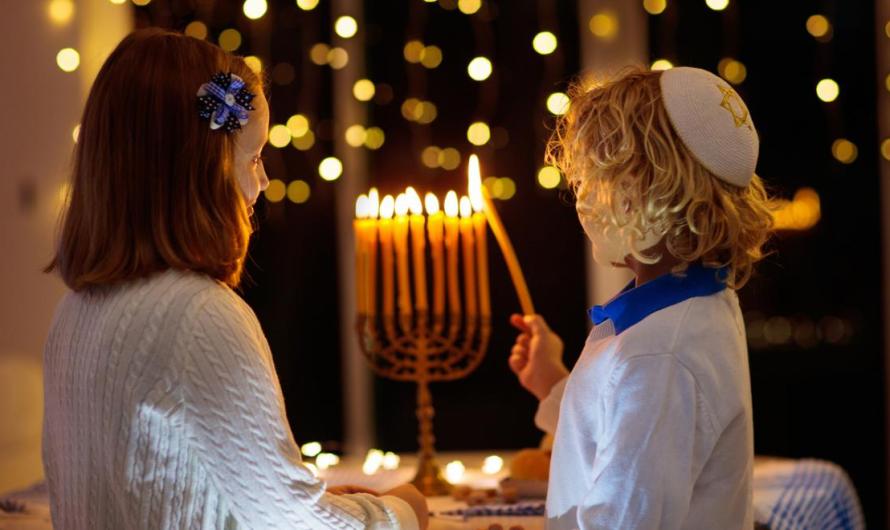
Hanukkah is a Jewish holiday that commemorates the rededication of the Holy Temple in Jerusalem. It is typically celebrated with the lighting of candles, gifts, and foods such as latkes and sufganiyot.
One of the most unique aspects of Hanukkah is that it is not mentioned in the Torah. Rather, it is mentioned in the books of the Maccabees, which are not part of the Hebrew Bible. This has led some to believe that Hanukkah was not originally a religious holiday, but rather a political one.
This may be true, but the holiday has taken on religious significance over time. For many Jews, Hanukkah is a time to remember and celebrate their religious heritage. It is a time to reflect on their connection to the land of Israel and to the Jewish people as a whole.
Hanukkah is also a time for giving. Jews donate money to charity and give gifts to loved ones. This is in keeping with the spirit of the holiday, which is about giving thanks for what we have.
So, while Hanukkah may have started as a political holiday, it has become a time for religious reflection and giving. For many Jews, it is a time to celebrate their heritage and to give back to those in need.
Rosh Hashanah
Rosh Hashanah is the Jewish New Year, and it is observed in September or October. It is a time of reflection and repentance, and it is also a time to celebrate the new year and all that it brings.
Yom Kippur
Yom Kippur, the Day of Atonement, is the holiest day of the year in Judaism. It is a day of fasting and prayer, and it is also a time to reflect on the past year and ask for forgiveness.
4. Diwali

Diwali is a Hindu festival of lights that is celebrated in order to mark the victory of good over evil. It is one of the most important holidays in Hinduism and is typically celebrated with feasting, decorating, and lighting fires.
Diwali is also a time to give thanks for the blessings of the past year and to ask for continued protection and prosperity in the year to come. Hindus believe that Diwali is a time when Lakshmi, the goddess of wealth and prosperity, visits homes and bestows her blessings upon them. As such, many Hindus will spend the holiday preparing their homes and themselves for Lakshmi’s arrival.
Diwali is also a time for exchanging gifts and for hosting feasts and parties. Families and friends will get together to celebrate the holiday, often exchanging gifts and eating special Diwali foods.
Holi
Holi is one of religious Hindu holidays. It also known as the Festival of Colours, the Festival of Spring, and the Festival of Love, is an ancient Hindu religious festival. Holi is celebrated in springtime and marks the arrival of spring. The festival is a celebration of light and colour and is usually celebrated by people from India and neighbouring countries. Holi celebrates the return of sunlight after winter and symbolizes the renewal of life. Key features of the festival include wearing brightly coloured clothes, visiting friends or family, playing games, and taking part in traditional ceremonies.
5. Easter
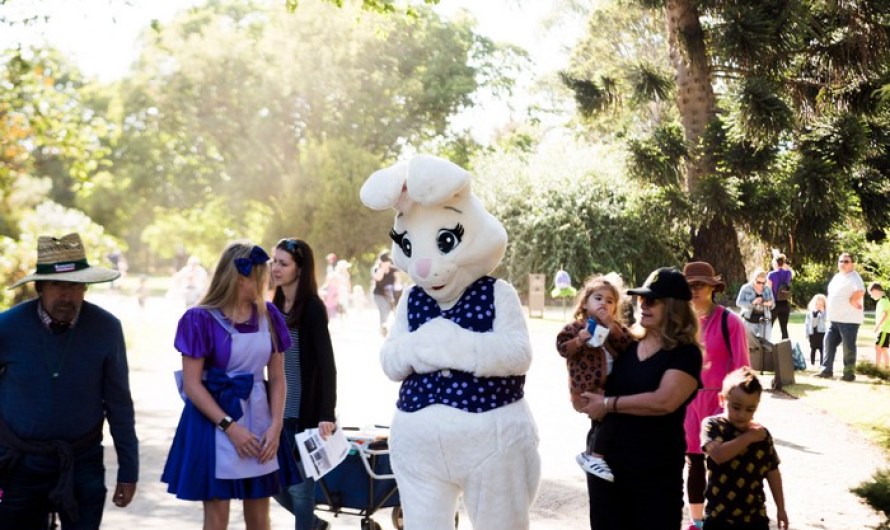
Easter is a seasonal holiday celebrated by Christians around the world. The holiday commemorates Jesus’ resurrection from the dead. Easter typically falls in April or early May and features celebrations such as egg hunting, Easter eggs, and bunny rabbit hunts.
Easter is one of the most celebrated seasonal holidays in the world. It is a time for families to gather together and celebrate the resurrection of Jesus Christ. Easter is also a time to reflect on the Christian faith. Millions of people around the world celebrate Easter by participating in religious services or by enjoying traditional Easter foods and drinks. It is also a time to celebrate new life and the hope that spring brings.
6. Thanksgiving
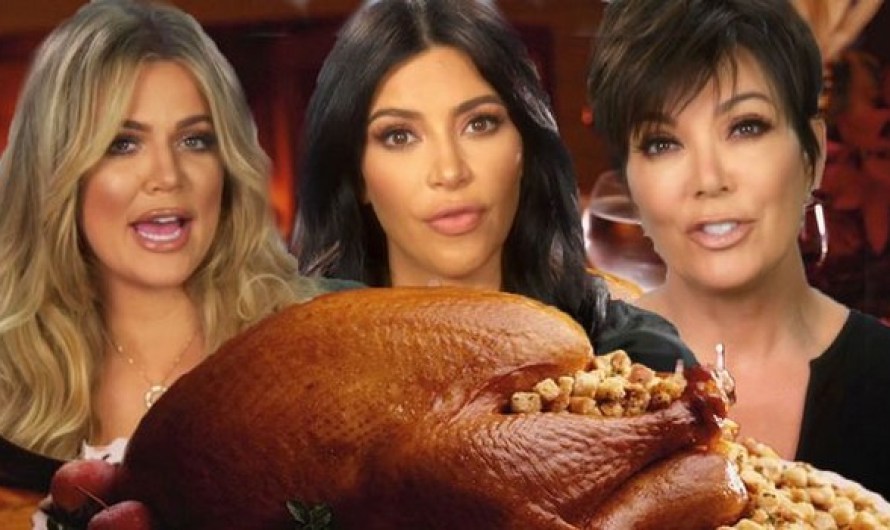
Thanksgiving is one of the most popular seasonal holidays celebrated in various dates in the United States, Canada, Grenada, Saint Lucia, and Liberia. Families come together to celebrate Thanksgiving Day and spend time with friends and family. Thanksgiving is a time to reflect on the blessings in life and to appreciate all that we have. There are many traditions associated with Thanksgiving, such as turkey, stuffing, cranberry sauce, pumpkin pie, and sweet potatoes.
See also; Top 10 things you need to know about Thanksgiving.
7. New Year’s Eve
New Year’s Eve is a time to reflect on the past year and to set resolutions for the new year. It is also a time to celebrate with family and friends, and to stay up late to watch the fireworks.
Many people celebrate by partying or going out with friends. Some people choose to stay in and watch a New Year’s Eve movie. Whatever you do, make sure it’s a festive and happy occasion!
8. Lunar New Year
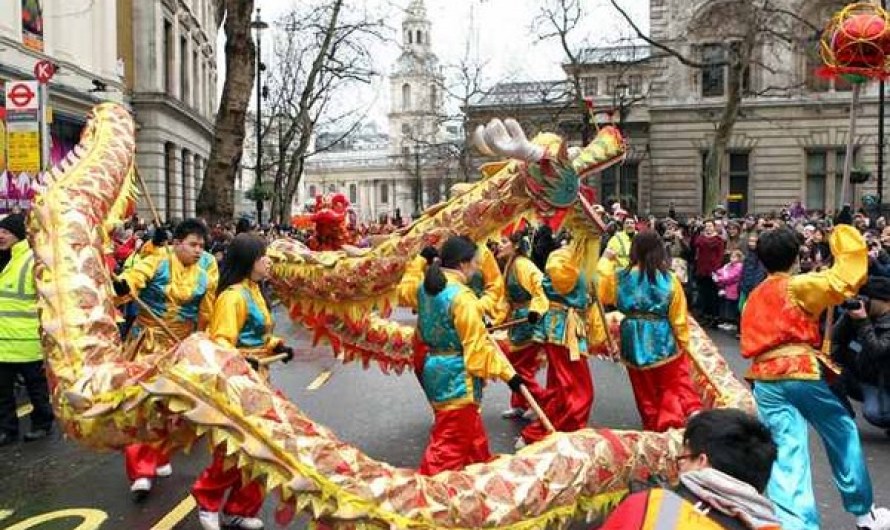
The Lunar New Year is celebrated in many Asian countries. It is a time to welcome in the new year and to celebrate the beginning of a new lunar cycle. The Lunar New Year is
Chinese New Year – Late January to Late February
Chinese New Year is a traditional Chinese holiday that marks the beginning of the Lunar New Year. It is typically celebrated with firecrackers, feasts, and exchanging gifts. In addition to celebrating the Lunar New Year, Chinese New Year is also a time to reflect on the year that has passed and to set goals for the year ahead. It is a time to be with family and friends, and to remember the importance of tradition.
Bhutanese New Year – Mid-March
Bhutanese New Year is a traditional Bhutanese festival that is celebrated on the first day of the Lunar New Year. The festival is a time for families to come together and celebrate the new year. Bhutanese New Year is also a time to reflect on the past year and set goals for the new year.
Japanese New Year – 1 January
Japanese New Year is the most important holiday in Japan. It is typically celebrated with family gatherings, temple visits, and the exchange of gifts.Japanese New Year is also a time for reflection and setting goals for the year ahead. For many people, this is the time of year when they evaluate their lives and set resolutions for self-improvement.
Tibetan New Year – Late January to Early February
Tibetan New Year is a traditional Tibetan holiday that marks the beginning of the Tibetan calendar. It is typically celebrated with feasts, singing, and dancing.
9. Carnaval




